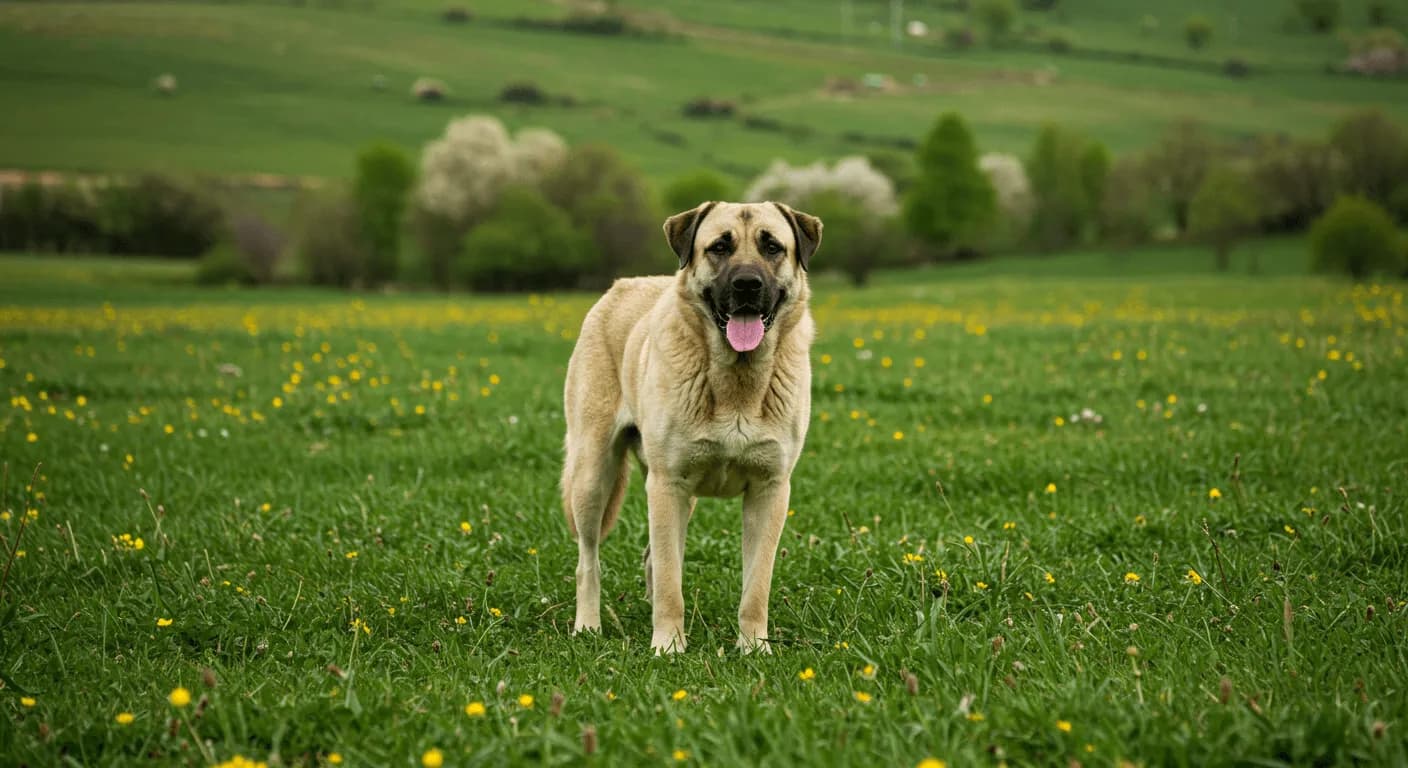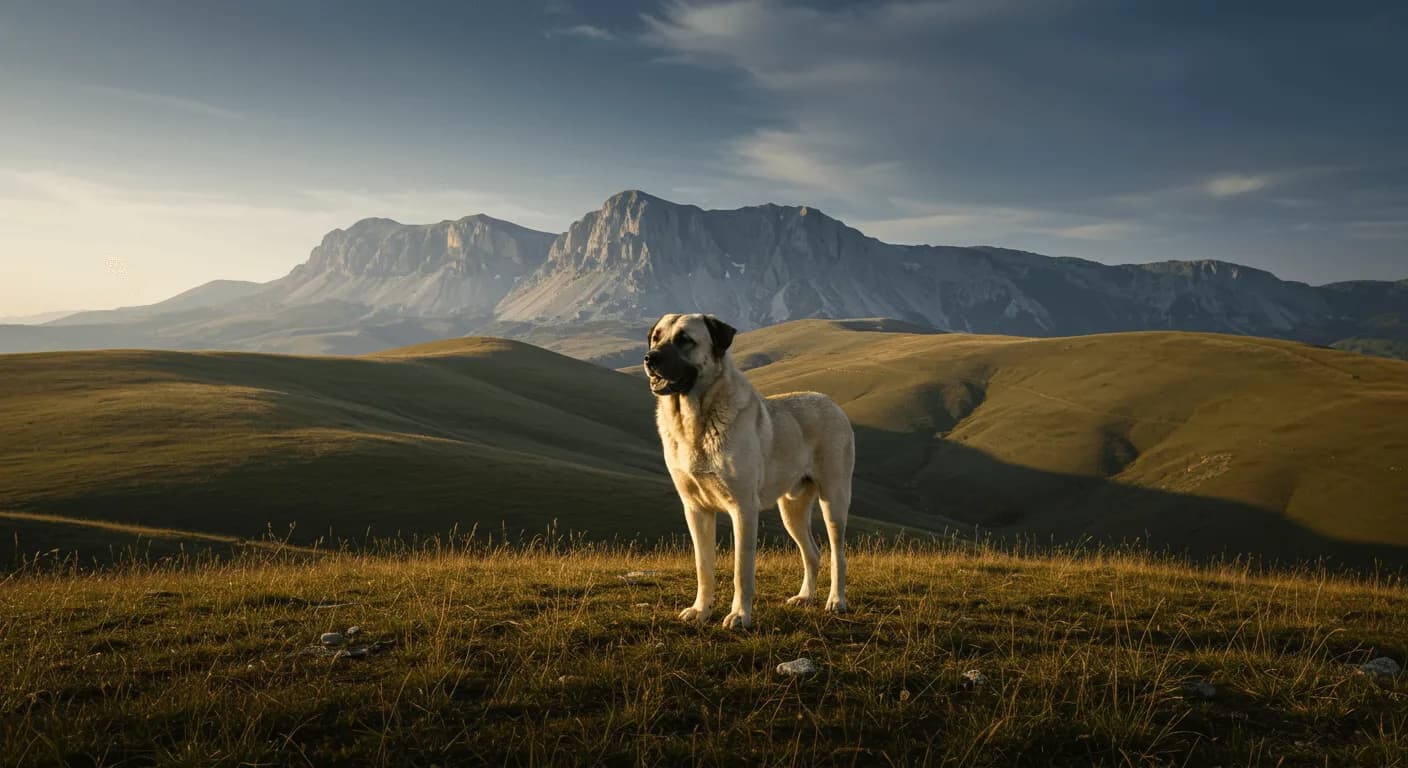When considering bringing a new canine companion into your home, the decision can be both thrilling and overwhelming. With so many dog breeds to choose from, it’s vital to understand the temperament, lifestyle compatibility, and care requirements of each breed. One breed that often captures attention for its impressive appearance and protective temperament is the Kangal Dog.
Originating from Turkey, the Kangal Dog is a large, powerful livestock guardian breed known for its loyalty, vigilance, and imposing size. Traditionally used to protect sheep and goats from predators such as wolves and bears, the Kangal Dog is still revered for its working ability and calm disposition around people it trusts.
So, is a Kangal Dog right for you? This guide will explore everything potential owners need to know before bringing a Kangal into their lives—from its temperament and suitability for various households to its grooming needs and legal considerations.
Temperament and Personality
The Kangal Dog has a temperament that stems from generations spent guarding livestock. As such, Kangals are natural protectors—gentle with family members, especially children, but extremely alert and territorial.
- Loyal and Protective: Kangals are extremely loyal to their family unit. They form strong bonds with their humans and are natural, instinctive guardians.
- Reserved with Strangers: These dogs tend to be wary of strangers. While not aggressive without cause, their size and deep bark are highly effective deterrents.
- Independent Thinkers: Due to their work history in rural, often isolated conditions, Kangals are independent and can be stubborn or aloof during training.
This breed typically has a moderate energy level. While they enjoy grooming the property or having a task, they’re not hyperactive. However, daily physical and mental stimulation is essential to prevent boredom-driven behaviors.
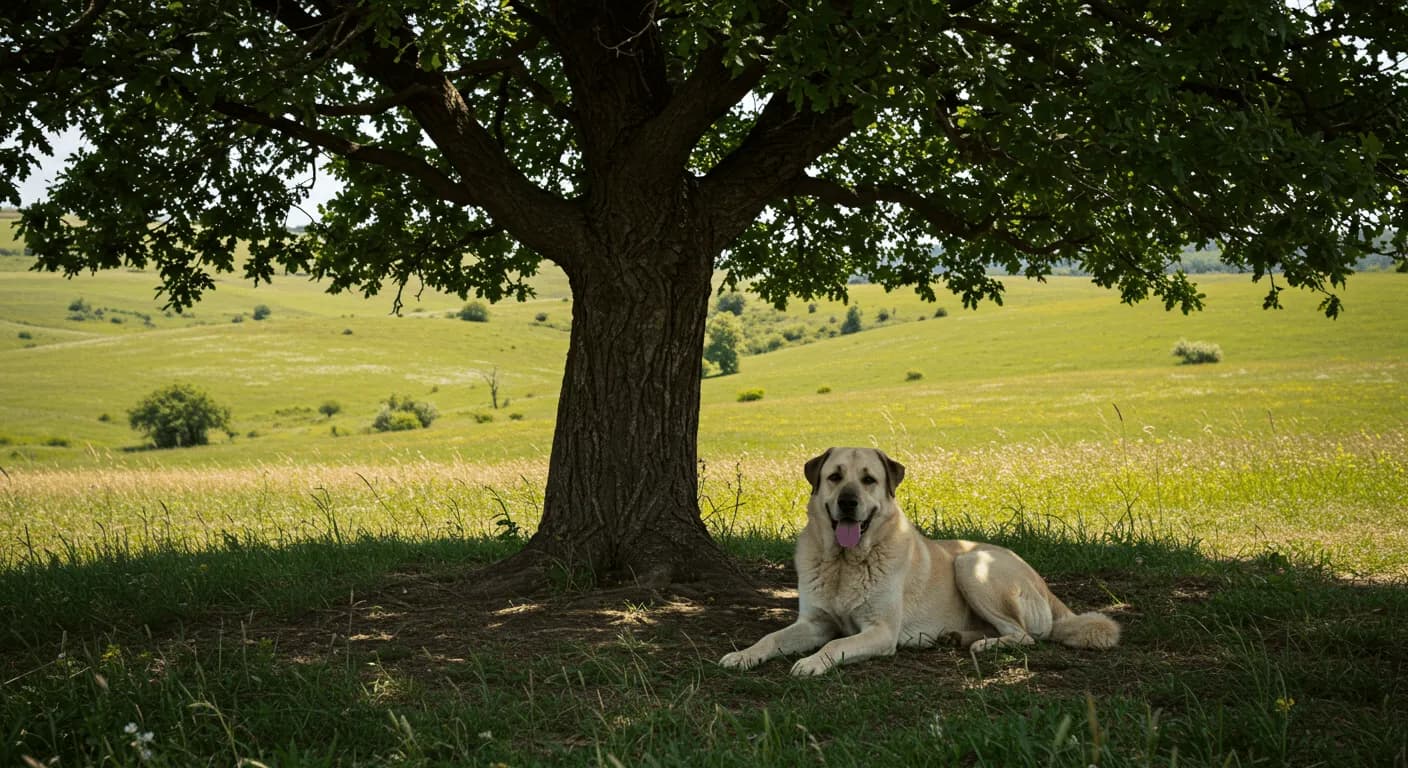
Pros and Cons for Different People
While the Kangal Dog can be a rewarding canine companion, it is not a breed for every household. Compatibility with your lifestyle is crucial.
1. Families with Children
- Pros: Kangals are known for being especially gentle with children in their household. Their protective instincts often extend to younger members of the family.
- Cons: Because of their strength and size, constant supervision is needed to prevent accidental knocks or overly enthusiastic guarding behavior.
2. Single Individuals
- Pros: Suitable if you have experience with large breeds and a strong understanding of canine behavior.
- Cons: Kangals require consistent, confident leadership and socialization, which may be taxing for one person unfamiliar with working breeds.
3. Elderly Owners
- Pros: Older individuals in rural environments may benefit from the Kangal’s guarding abilities.
- Cons: Their powerful frame and high training demands can make them difficult to handle for physically limited individuals.
4. Active vs. Sedentary Lifestyles
- Active Lifestyles: A great match. They enjoy long walks, open fields, and patrolling territory. Rural homes or homes with large secure yards are ideal.
- Sedentary Lifestyles: Not ideal. Kangals are not suited for couchpotato living or environments that lack room to roam.
Suitability Factors
Choosing a dog means evaluating how the breed will interact with other pets, people, and living spaces. Here’s how the Kangal Dog stacks up in several critical areas.
- Good with Kids? Yes, especially ones they grow up with. However, playtime must be monitored due to the dog’s size.
- Good with Other Dogs? Sometimes. Early socialization is needed. Kangals can be dominant, especially toward same-sex dogs.
- Good with Cats? Often not ideal, unless raised with them from puppyhood. Their prey drive can be strong.
- Good Guard Dogs? Absolutely. Guarding is their primary instinct, and they rarely need training to protect their family or territory.
- Good for Apartments? Definitely not. They need space and would feel confined in an apartment.
- Need a Yard? Yes. A large, well-fenced yard is almost mandatory to meet their physical and mental needs.
- Good for First-Time Owners? No. Due to their size, independence, and training intensity, Kangals are best suited for experienced owners.
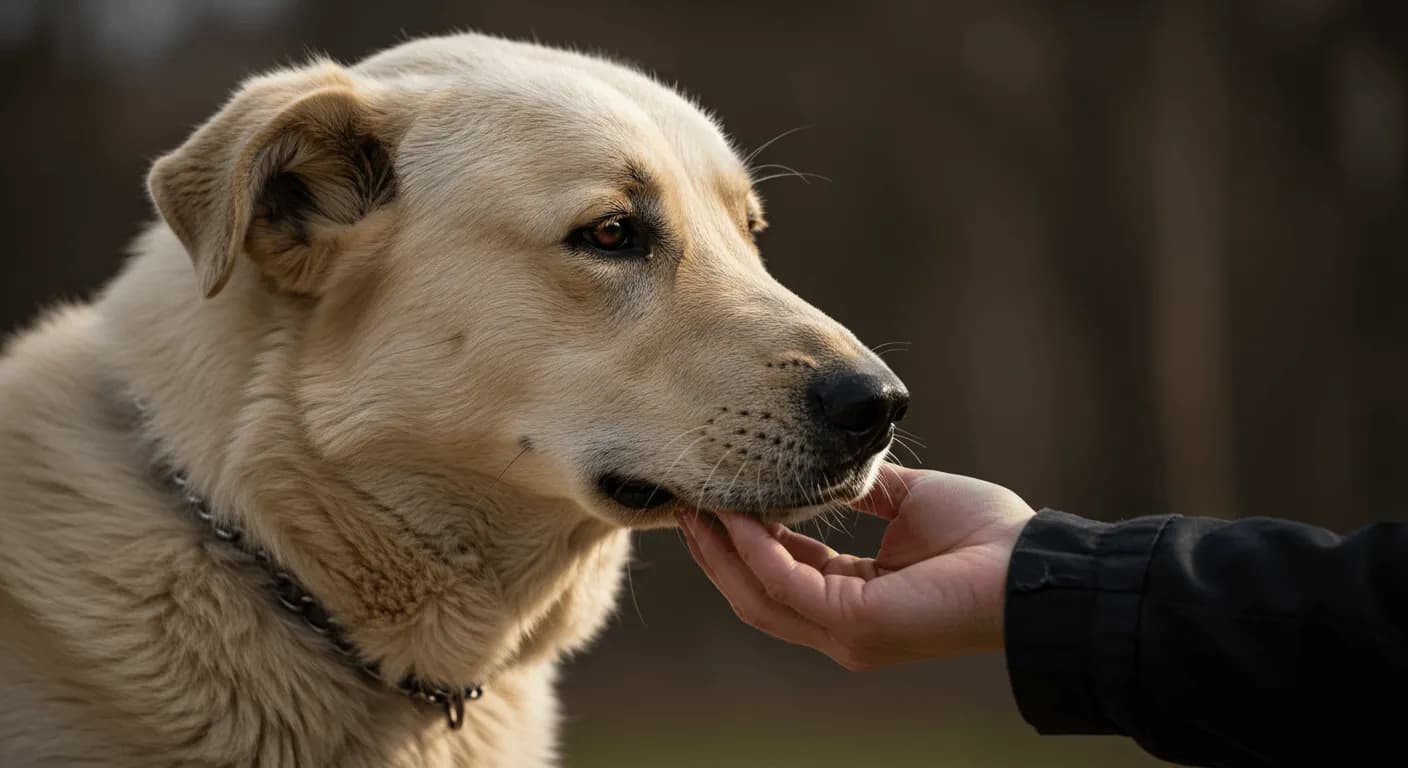
Care Requirements
Caring for a Kangal Dog involves attention to daily exercise, proper training, and general grooming.
Exercise Needs
- Daily exercise in the form of long walks or space to patrol is crucial.
- Mental stimulation, such as guarding duties, puzzle toys, or basic obedience work, helps curb destructive habits.
Grooming Requirements
- Shedding: They have a dense double coat and shed profusely, particularly during seasonal changes.
- Drooling: Generally not heavy droolers unless after eating or drinking.
- Weekly brushing is sufficient most of the year, but during shedding season, more frequent grooming is essential.
Training Considerations
- Socialization: Early exposure to different environments, animals, and people is critical.
- Barking: Kangals naturally bark as part of their guarding instinct. They will bark at unfamiliar sights, sounds, or intruders.
- Obedience: They require consistent, firm, but respectful training. Positive reinforcement works better than harsh discipline.
Can Kangal Dogs Live Outside?
Yes, and in fact, many thrive in outdoor environments, particularly in rural settings. That said, they still need companionship and interaction with their human family to be mentally healthy.
Can Kangal Dogs Be Left Alone?
- For short periods, yes. They're independent and don’t mind time to themselves.
- However, they should not be left isolated for extended hours daily. Lack of stimulation can lead to boredom and destructive behavior.
Are Kangal Dogs High Maintenance?
In terms of grooming, no. But when it comes to mental stimulation, space, training, and supervision, Kangals are considered moderate to high maintenance, especially for the unprepared.
Important Tip: Investing in a secure, tall fence is essential. Kangals can scale low barriers, especially if they perceive a threat beyond it.
Health and Lifespan
Kangal Dogs are a relatively healthy breed with proper care, but like all dogs, they can be prone to certain conditions.
Common Health Issues
- Hip Dysplasia: A common issue for large breeds. Regular vet checks and a healthy diet help prevent it.
- Entropion: A genetic eye condition where the eyelid rolls inward, sometimes requiring surgery.
- Obesity: Despite their size, overfeeding without adequate exercise can cause excessive weight gain.
Life Expectancy
- The average lifespan of a healthy Kangal Dog is 12 to 15 years, which is quite long for such a large breed.
Are Kangal Dogs Hypoallergenic?
- No. Kangals shed and have dander, making them unsuitable for people with allergies.
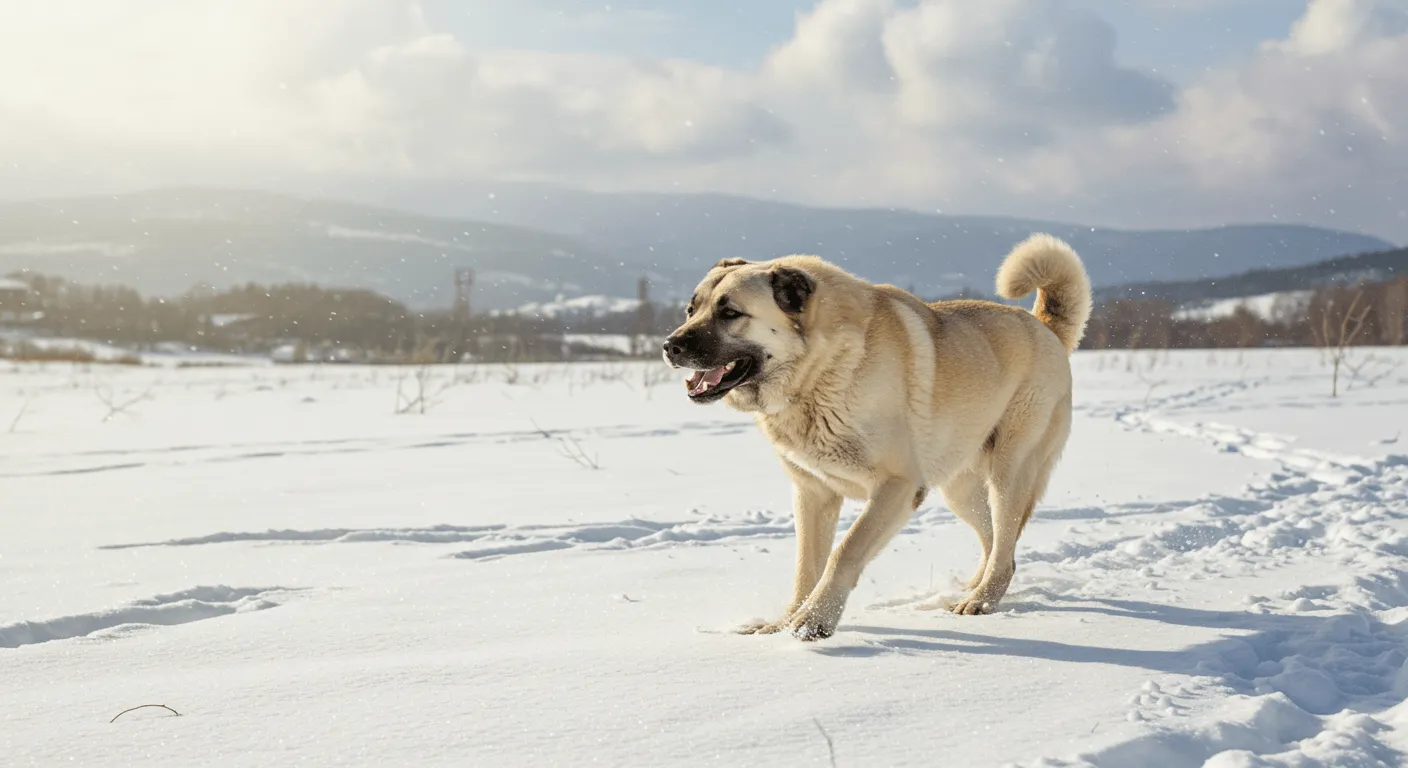
Cost and Legal Considerations
How Much Does a Kangal Dog Cost?
- Puppies from reputable breeders range from $1,000 to $2,500, depending on lineage and breeder reputation.
- Annual costs can include:
- Food and treats
- Vet visits
- Training or behavioral classes
- Grooming supplies
Legal Restrictions
Due to their imposing size and guarding tendencies, some regions may have regulations or restrictions regarding owning a Kangal Dog. For example:
- In the UK, certain watchdog policies may require you to register the dog or secure special fencing.
- In the U.S., there may be municipal or landlord-level restrictions based on local breed laws.
It is essential to check with local legislation and housing guidelines before bringing home a Kangal Dog.
Summary: Is the Kangal Dog Right for You?
Kangal Dogs can be an extraordinary addition to the right type of household. They are intelligent, loyal, and fiercely protective. However, they also require space, training, and an experienced hand. They are not suited for urban life, novice owners, or apartment dwellers.
Let’s recap with a quick list of things every potential Kangal owner needs to consider:
- Do you live in a rural or spacious environment?
- Can you provide firm but kind leadership and training?
- Are you okay with a dog that is aloof with strangers but affectionate with you?
- Do you have experience with independent or working dog breeds?
- Are you ready for the responsibility that comes with owning a powerful, protective guardian dog?
If you answered yes to most or all of these questions, the Kangal Dog might just be your perfect match.## Conclusion
The Kangal Dog is a remarkable breed that embodies strength, loyalty, and independence. Originating as a steadfast livestock guardian, this breed brings a deep-rooted sense of duty and protection into any home. However, its suitability as a pet hinges significantly on the owner's lifestyle, experience, and environment.
For the right individual or family—particularly those in rural settings with ample space and previous dog-handling experience—the Kangal can be a deeply rewarding companion. These dogs thrive when given a purpose, plenty of room to roam, and consistent guidance from confident and knowledgeable owners.
That said, the Kangal Dog is not for everyone. Their autonomous nature, guarding instincts, and size demand attention, space, and ongoing training. First-time dog owners, apartment dwellers, or those looking for a low-maintenance pet may find this breed challenging.
In conclusion, owning a Kangal Dog is both a responsibility and a privilege. If you’re ready for the commitment and can meet their needs—both physically and emotionally—the Kangal will repay your efforts with loyalty, protection, and a quiet, watchful presence that will enrich your life for many years to come.

